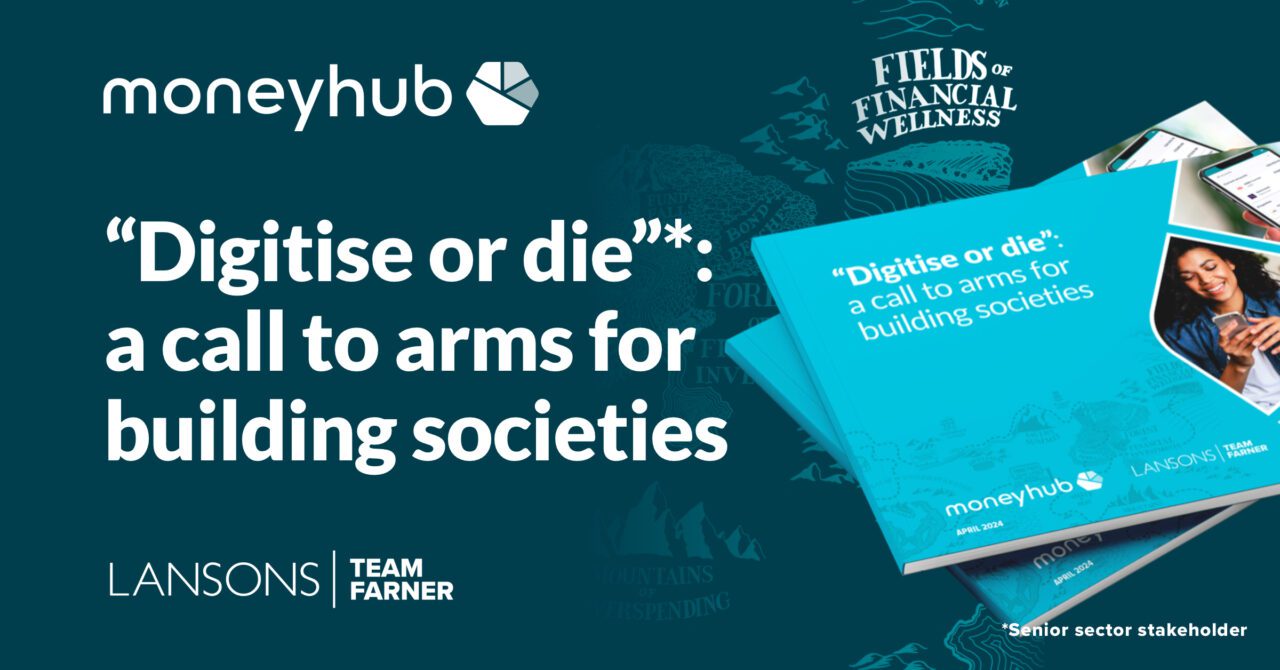
- Challenger bank Lunar raised $25.7 million (€24.1 million) in funding, boosting the company’s total raised to around $512 million.
- Lunar plans to use today’s funds to expand on its basic package offered to Swedish residents to become a more full-service bank.
- In 2023, Lunar reached 850,000 customers, marking an increase from 700,000 customers the year prior.
Challenger bank Lunar announced this week it has raised $25.7 million (€24.1 million) in a supplementary funding round. According to Crunchbase, the new investment boosts Lunar’s total raised to just shy of $512 million, around $54 million of which was brought in over the past four months.
Lunar was founded in 2015 and currently offers retail and commercial digital banking services. The company received its banking license in 2019 and on the retail side offers personal checking accounts with debit cards, youth accounts, in-app PFM tools, a BNPL tool that can be retroactively applied to purchases already made, as well as an investing platform that allows users to invest in stocks, ETFs, and crypto. On the commercial side, Lunar offers business bank accounts, automated bookkeeping, cash flow analytics, expense management tools, loans, insurance, and more.
“Securing €50.9 million in such a challenging market reflects strong confidence in our growth strategies,” said Lunar Founder and CEO Ken Villum Klausen. “We’re seeing robust growth in our newly launched business area Banking Services, where we’re extending our in-house developed Nordic infrastructure to external partners.”
Lunar plans to use today’s funds to expand on its basic package offered to Swedish residents to become a more full-service bank. The company’s banking services are currently available to users in Denmark, Norway, and Sweden.
Approaching its 10th year of operation, Lunar reached 850,000 customers in 2023– including 20,000 business users. This total user number marks an increase from 700,000 customers in 2022. Concurrently, customer activity, as measured by transactions, nearly doubled during this period.
“Our journey doesn’t stop here, “Villum Klausen added. “We’re not just broadening Lunar’s basic banking services, but we’re also evolving into a full-service bank. Our aim is to cater to both private customers and businesses in Sweden, demonstrating our commitment to growth and our vision for the future.”
Photo credit: Lunar













